More and more of us want to reduce our environmental impact, by promoting more eco-responsible parts. The wealth of information on farming conditions as well as the environmental impact of these industries is driving the demand for vegan clothing and handbags. It is therefore not necessary to have a vegan lifestyle to seek to replace animal products. This is why more and more established fashion brands are turning to making textiles and bags, refraining from using animal products.
In barely 250 years the world's population has multiplied by 12. The earth has become a gigantic factory to satisfy the needs of its inhabitants, with the impact of the disruption of a fundamental element on our lives. Today, there is massive awareness, particularly in the international scientific community, of the responsibility of livestock farming in climate and environmental issues. Livestock farming has significant impacts in terms of animal welfare, direct pollution and carbon footprint. Today, this industry as a whole pollutes as much as the transport industry. Livestock has a number of negative impacts on our planet: Greenhouse gas emissions, which contribute to global warming; overexploitation of water resources; destruction of ecosystems and biodiversity.- Cattle farming contributes significantly to greenhouse gas emissions (GHG), it represents 20% global CO2 emissions. Indeed, this industry emits 3 greenhouse gases that significantly warm the planet:
- Carbon dioxide (CO2): linked to agricultural machinery and farm energy consumption.
- Less known, but just as harmful: methane, it comes from ruminant excreta. This gas has a very high warming power, approximately 80 times greater than that of carbon dioxide (CO2).
- And finally, the nitrous oxide linked to the cultivation of soybeans and cereals intended to feed them.
- Every year more than one billion animals are killed for the leather trade
- The cattle industry alone is responsible for 80% of the deforestation of the Amazon
- Livestock farming threatens our freshwater resources, because it is very food-intensive, i.e. in cereal crops, soybeans, etc. To produce these cereals and corn in particular , it takes a lot of water. 70% of the world's fresh water is now used for agriculture.
Vegan "leather", what composition?
To make accessories without leather, such as bags, clutches, shoulder straps and others, two types of materials are distinguished:
-
Synthetic "vegan leather": the most commonly used, it is a fabric coated with polyurethane or polyvinyl chloride (PVC).
-
"Vegan leather" made from plants: it comes from renewable sources such as fruits or plants; it's about recovering food waste to make "vegan leather".
What are the different “vegetable leathers”?
The undeniable impact of cattle farming on the environment drives innovation in leather alternatives.To offer a vegan leather bag or other vegan fashion item, more and more ecological alternatives are springing up, in particular materials made from plants or fruits They make it possible to offer a flexible material as well as an appearance and characteristics similar to those of animal leather. Among the different plants used, we can find: rubber trees, mushrooms, apples (apple skin), cactus, cork, pineapple, eucalyptus, grapes and many others. These materials have considerable advantages, in fact they require much less water than farmed leather and emit far fewer greenhouse gas emissions.
To make our vegan accessories: handbags, small clutches and shoulder straps, we chose grape skin. Innovative, high quality and durable, it is probably the most incredible in terms of results. Grape skin is created from grape pomace. After extracting the grape juice, the marc is recovered, dried to be dehydrated, then it is crushed. The fine powder thus obtained will then be reworked, to incorporate it into vegetable oil. This paste is then spread on a recycled fiber which will give the grape plant material. The company that created and developed this material is Vegea, it is located near Milan in Italy. Since its creation, it has established multiple partnerships with big names in fashion and a major luxury car brand, conquered by the quality of this vegan material. In addition to being a respectful material, it is of high quality and lasts over time.
What is a vegan bag?
A vegan bag is made without any material of animal origin, this means that leather, wool, silk, feathers (downs) and fur are excluded.
Why choose a vegan handbag?
Choosing a Lérisa vegan handbag has many advantages: for human health, that of animals and that of the planet.
- Respect for the animal cause: a vegan bag is made without materials of animal origin and not tested on animals. Concerned about their well-being and in order to fight against cruelty against them, we do not use any material of animal origin, making all our models entirely vegan and eco-friendly.
- Ethical and Socially Responsible: People who work in tanneries or live near them often suffer from illnesses caused by exposure to toxic chemicals used for processing and dyeing leather.
- For the planet: a vegan handbag can help reduce animal production, the environmental repercussions of which are well known; Avoid the use of products that are very toxic to the environment, such as chromium-based tanning products which are both dangerous for the workers who handle them, the soil and the water table.
A Lérisa vegan bag combines respect for humans, animals and the environment.
Lérisa, ethical, eco-responsible and vegan leather goods
Lérisa is an eco-responsible, ethical and vegan leather goods brand.We offer handbags and clutches vegan, eco-designed and made in France
A better world at your fingertips.






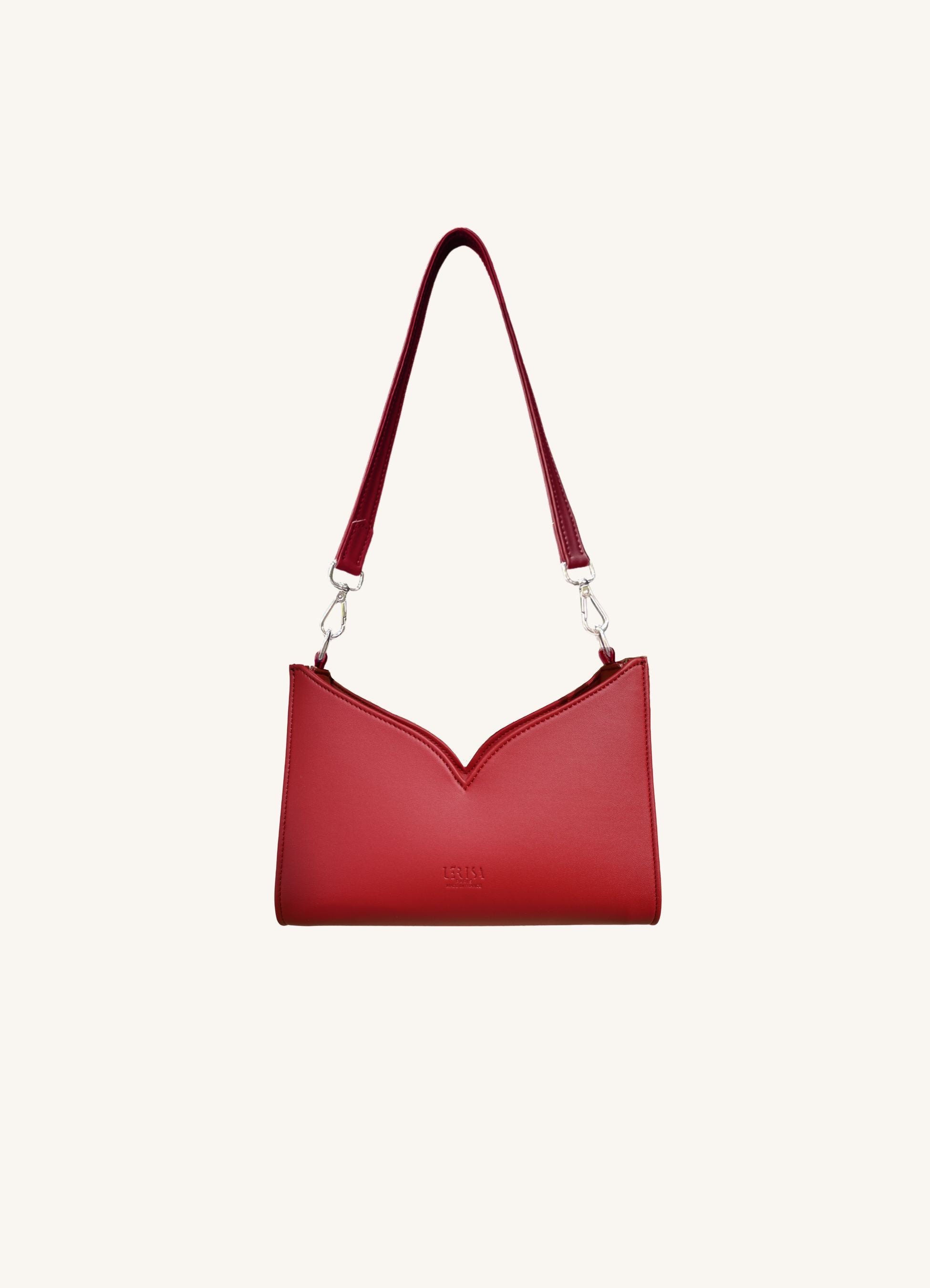
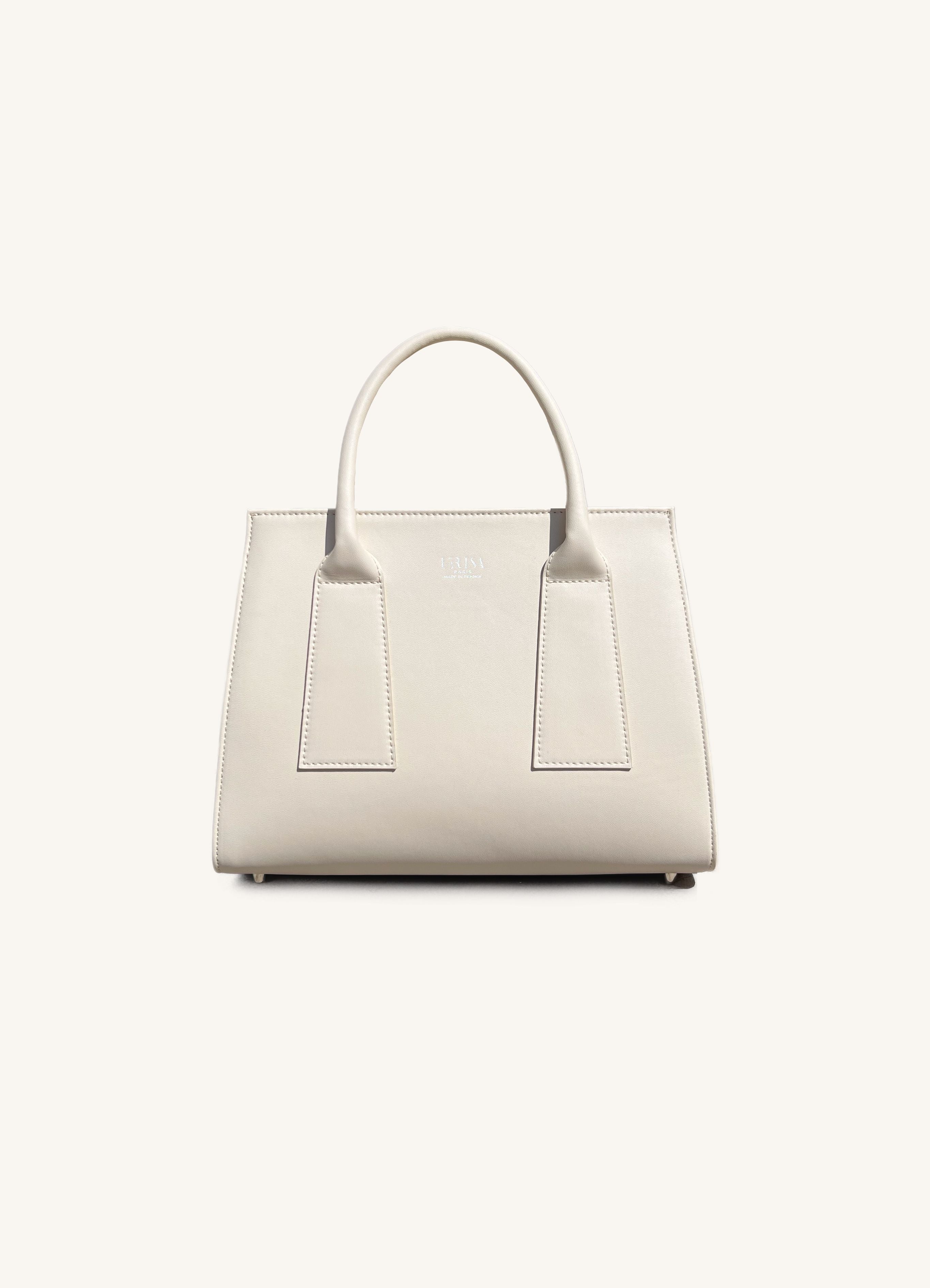
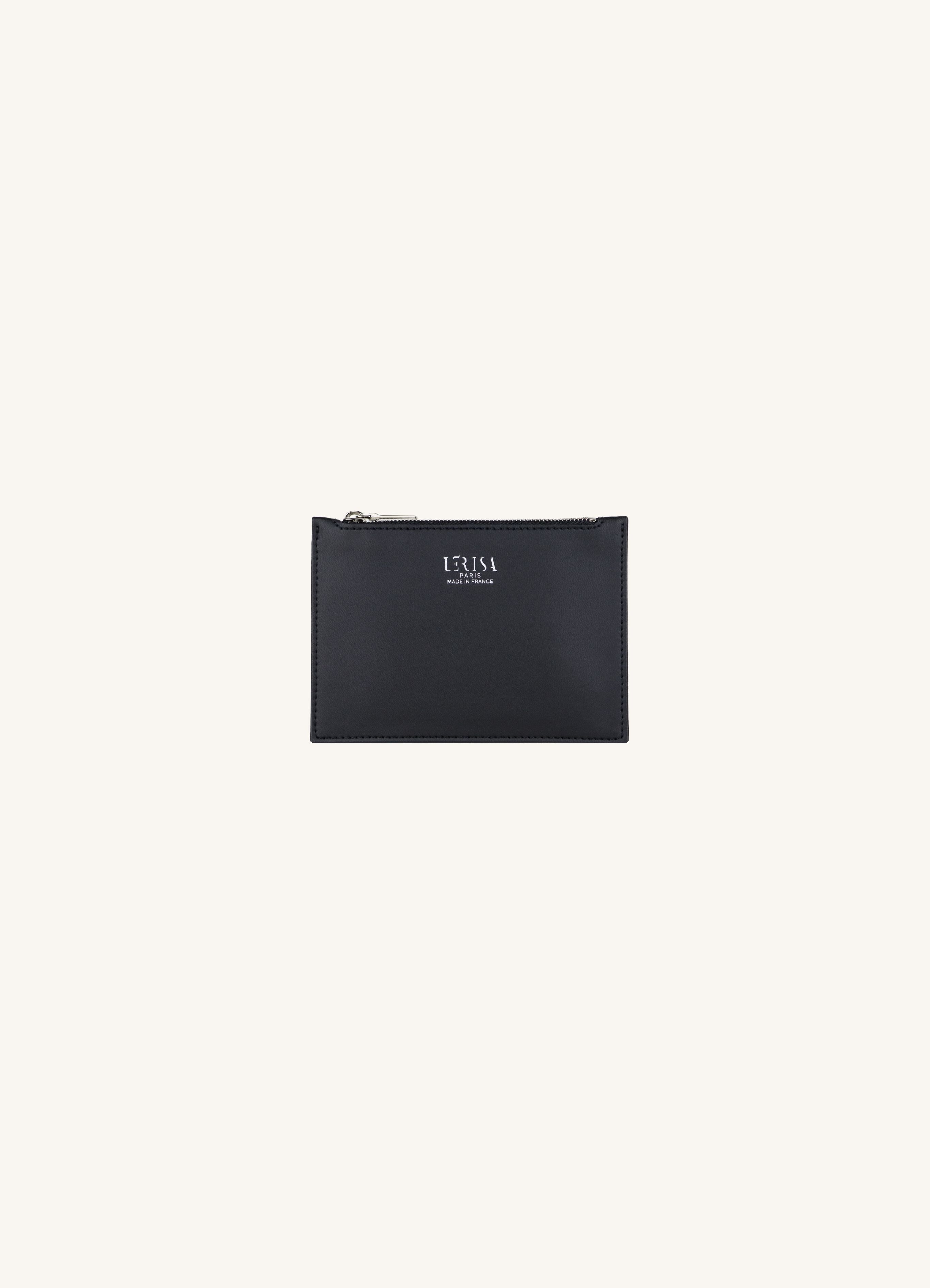
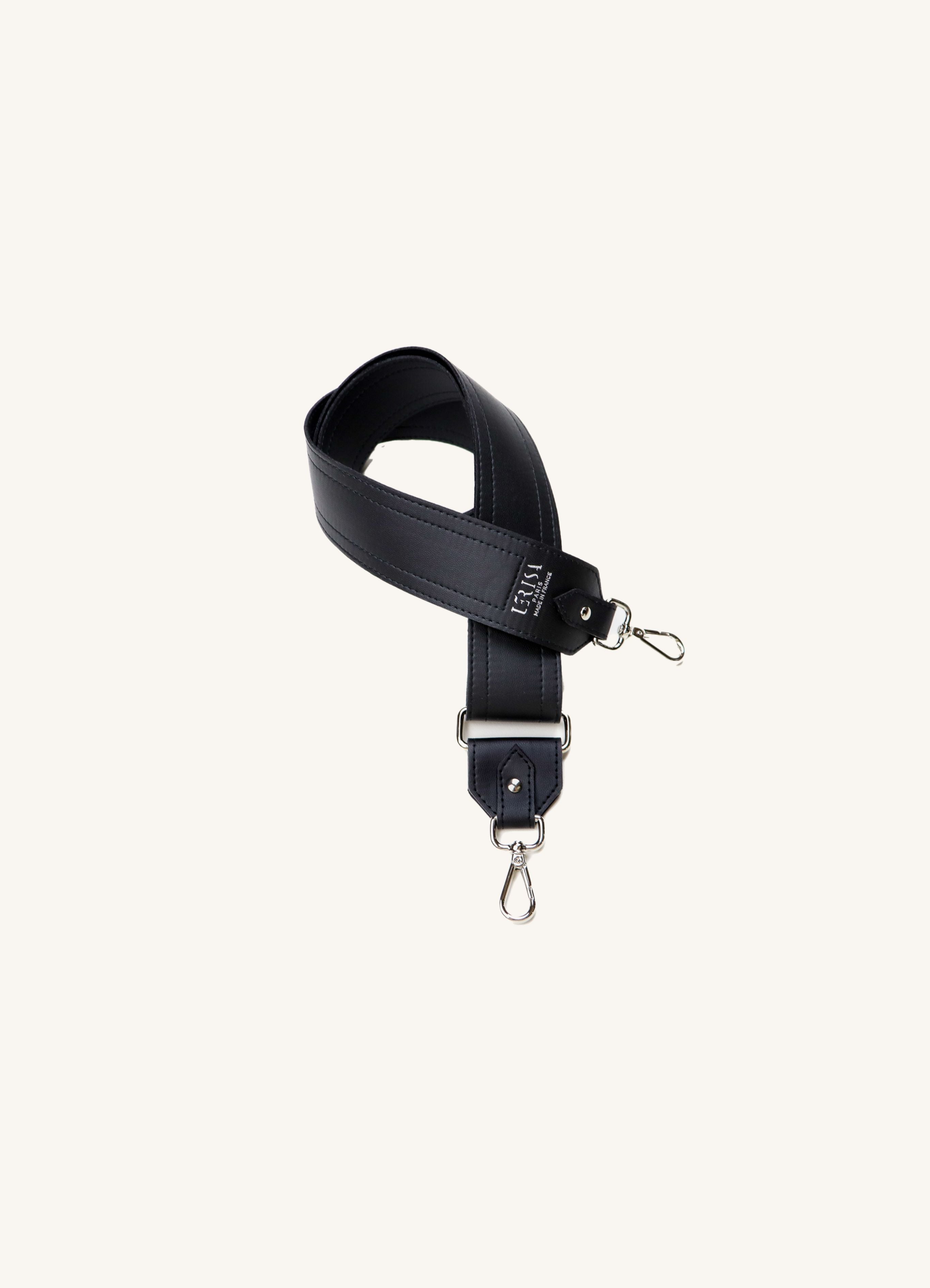
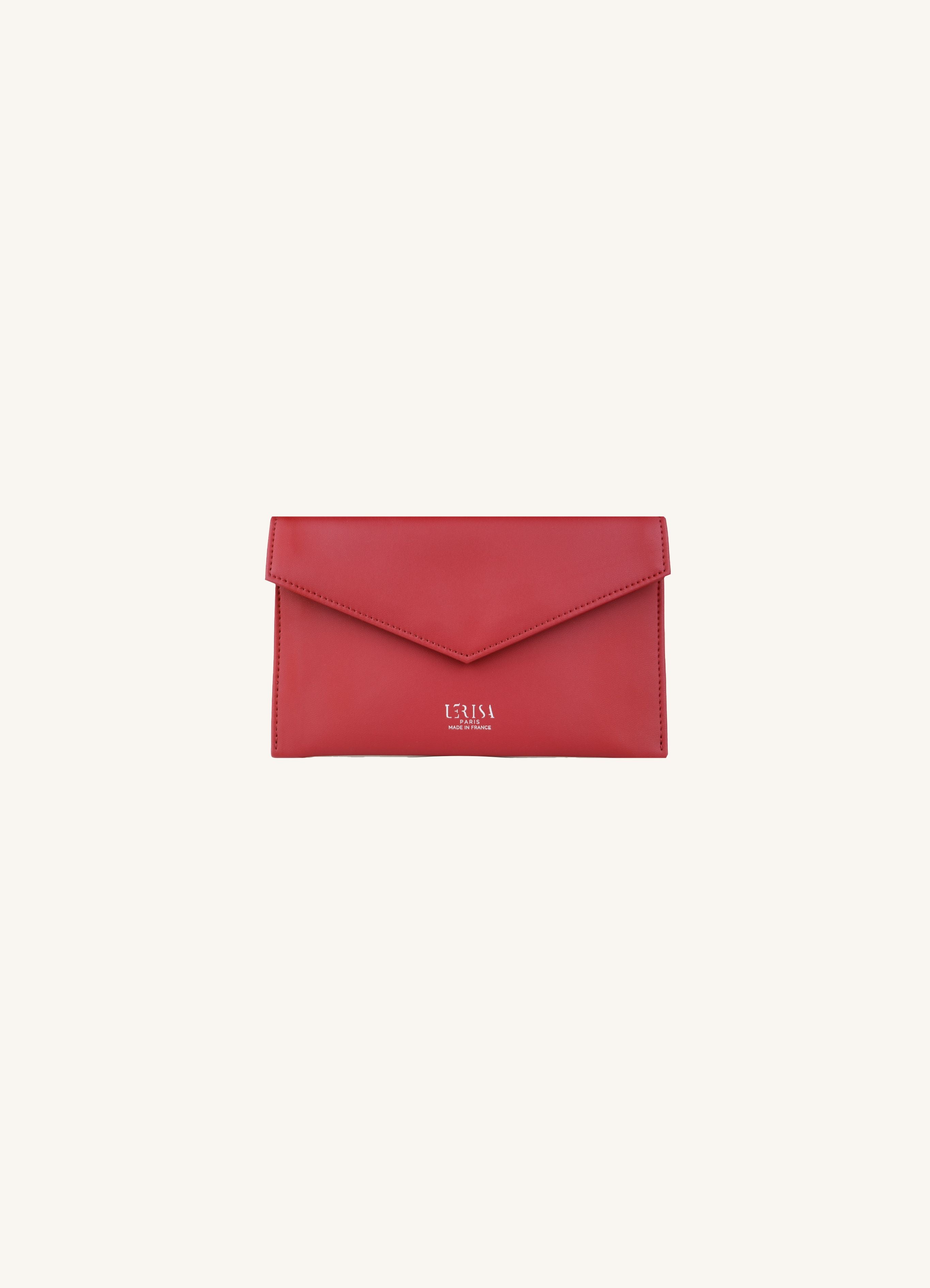
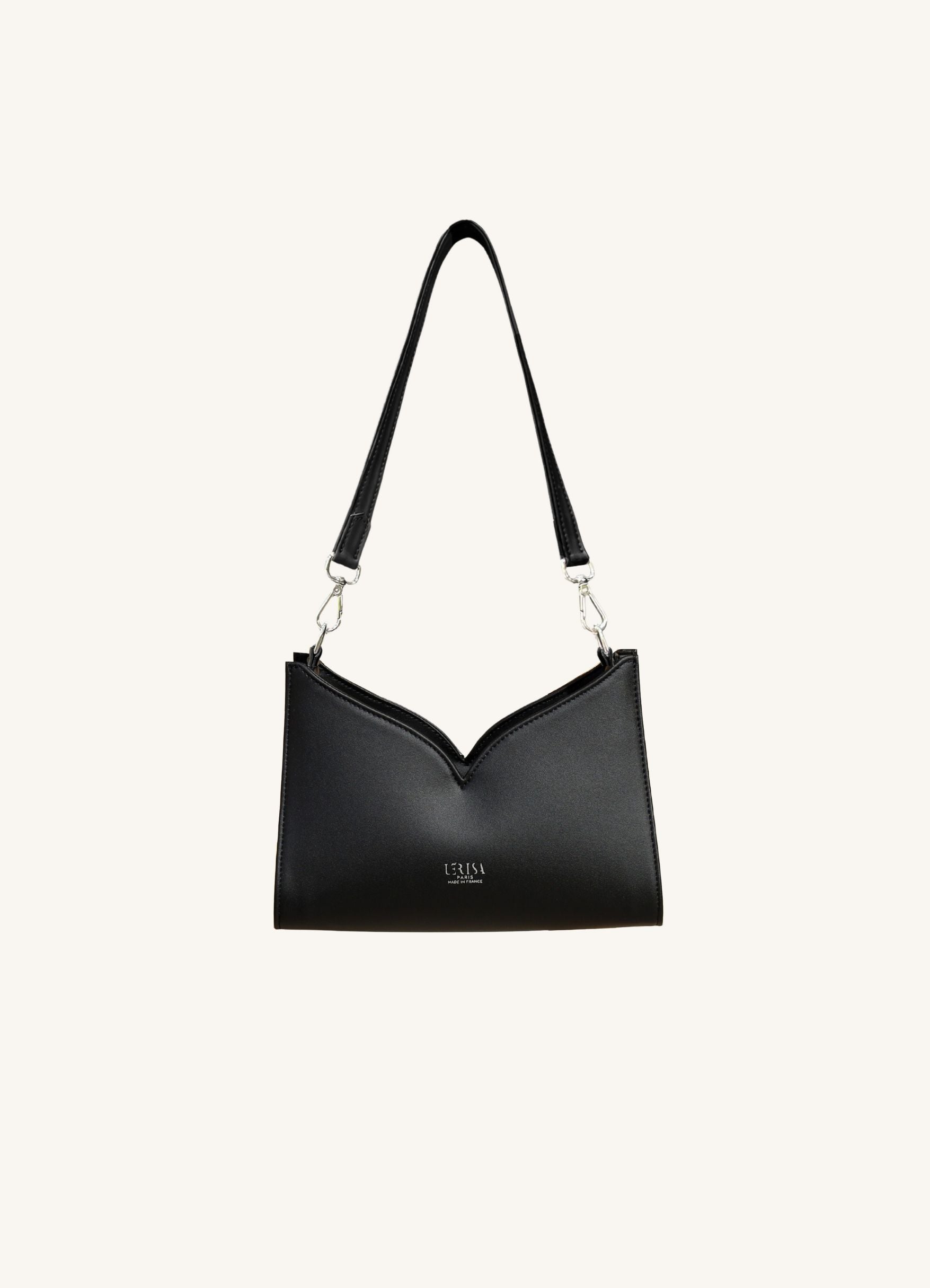
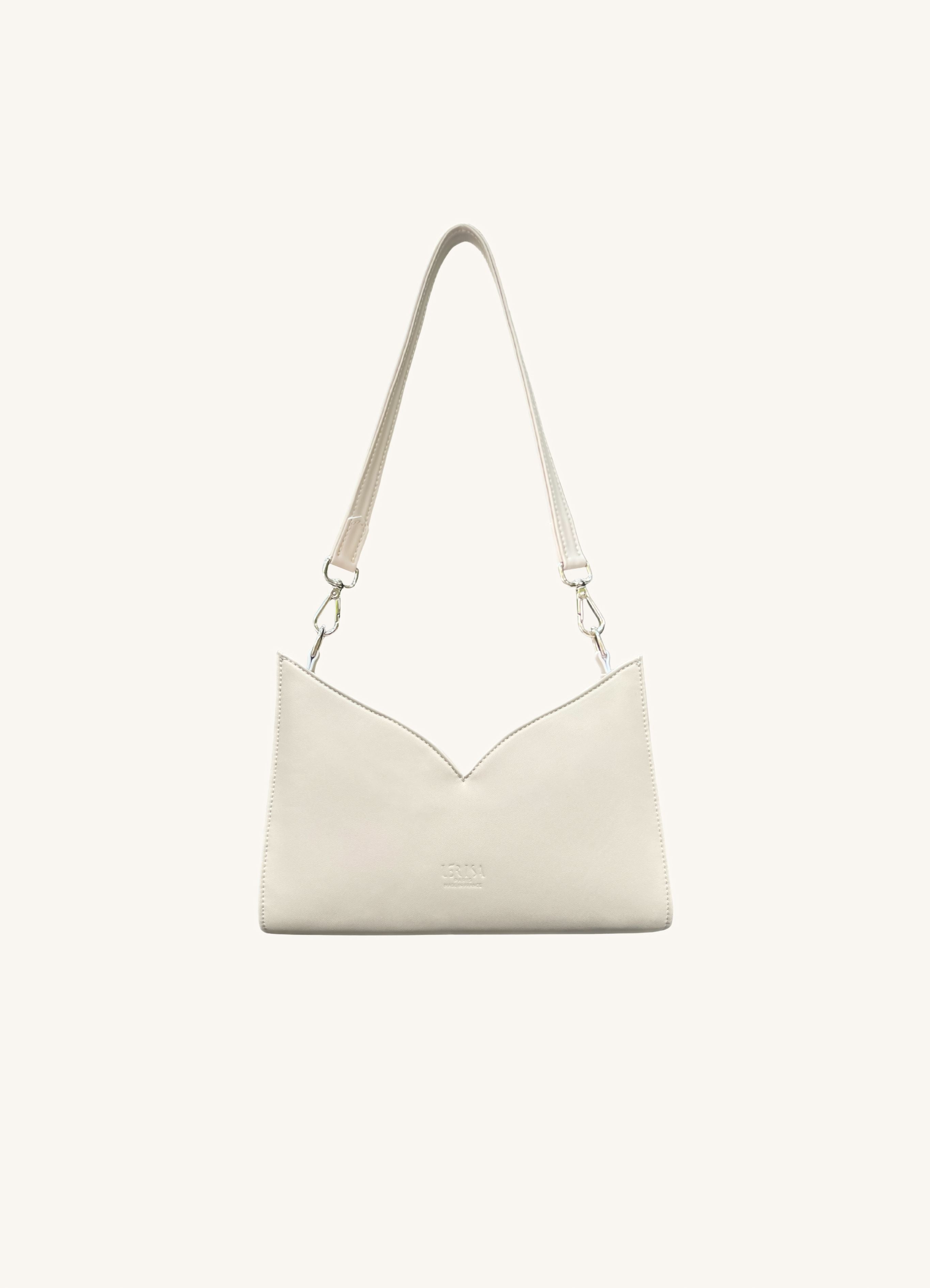
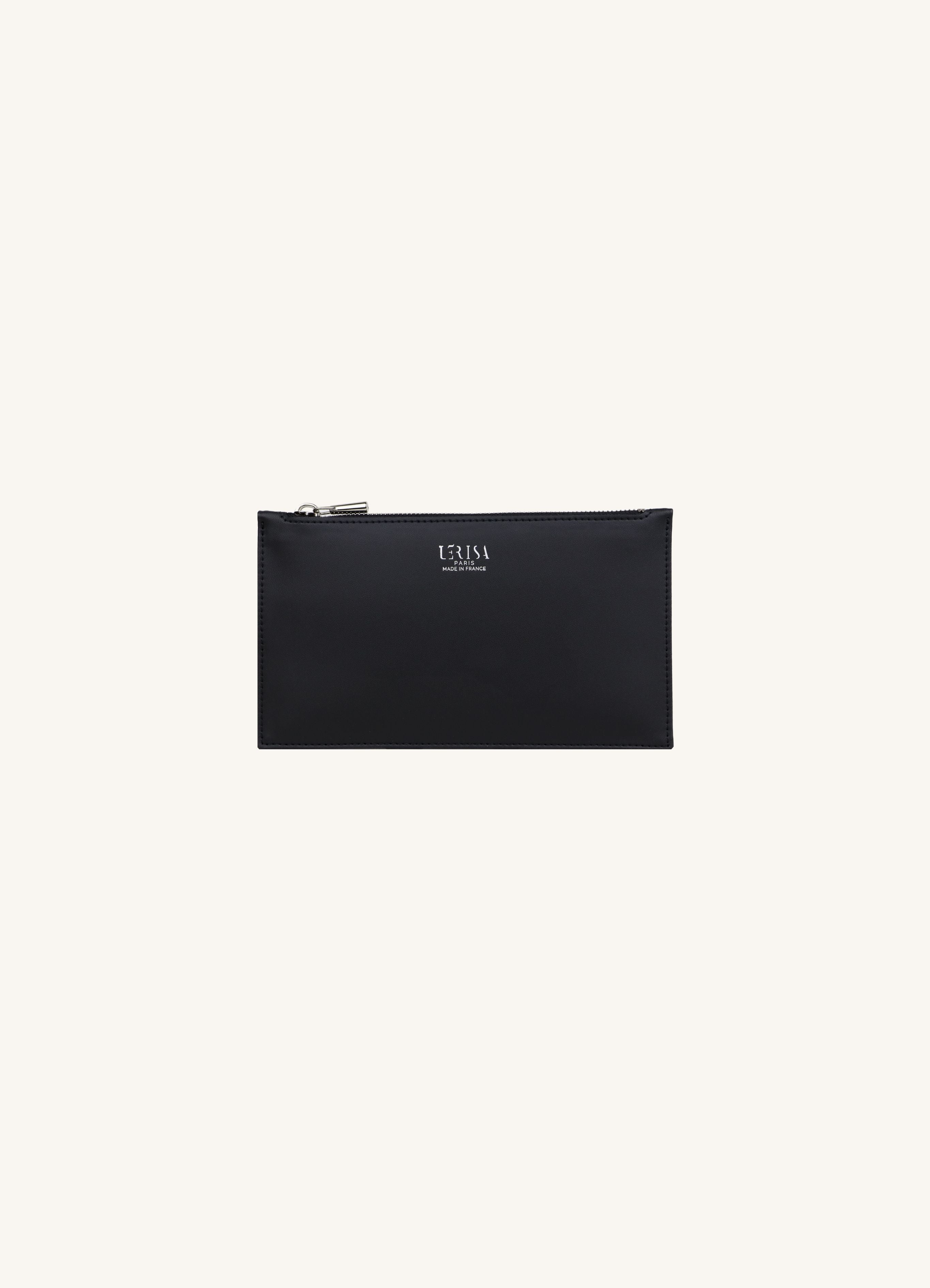
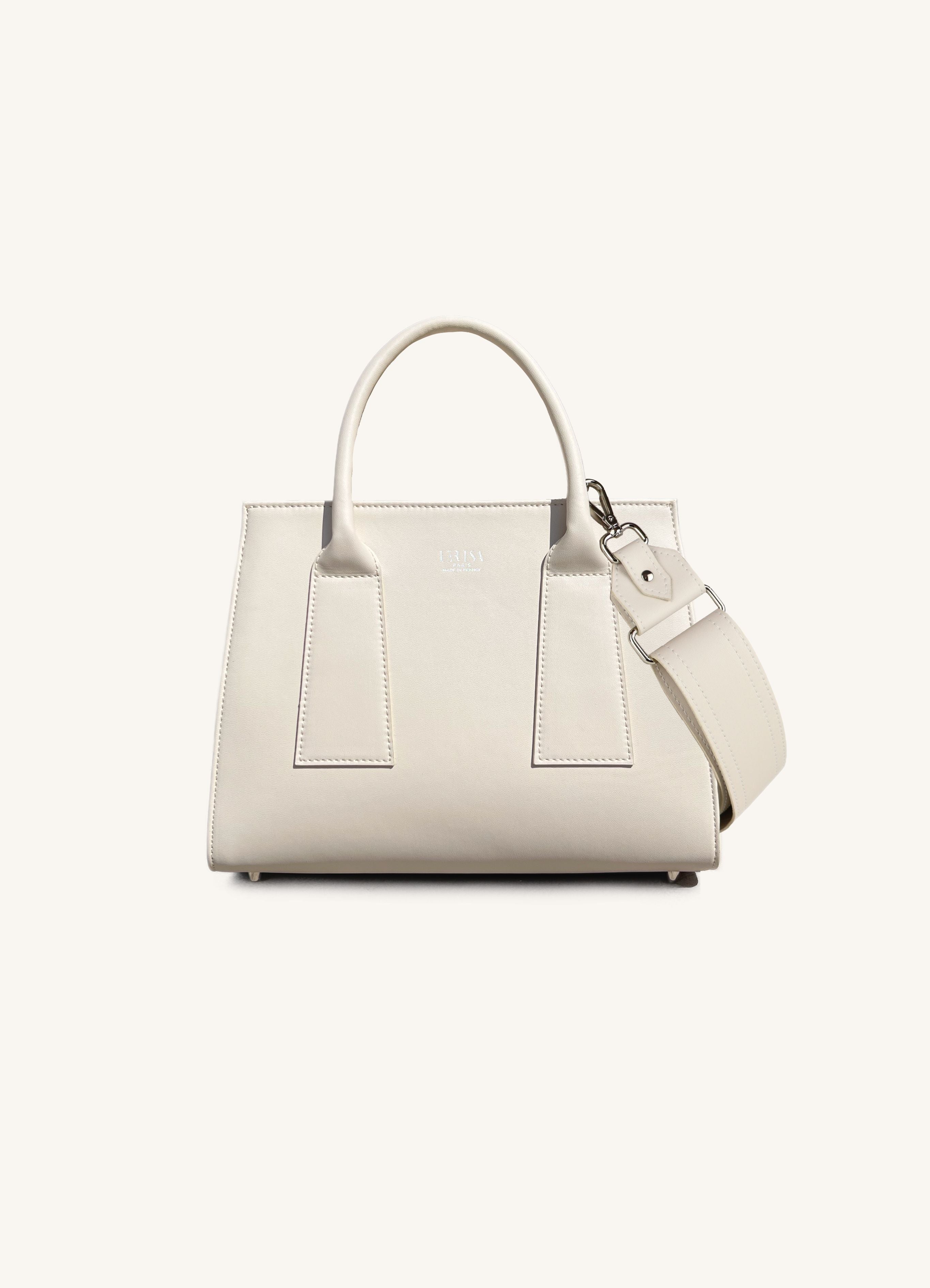

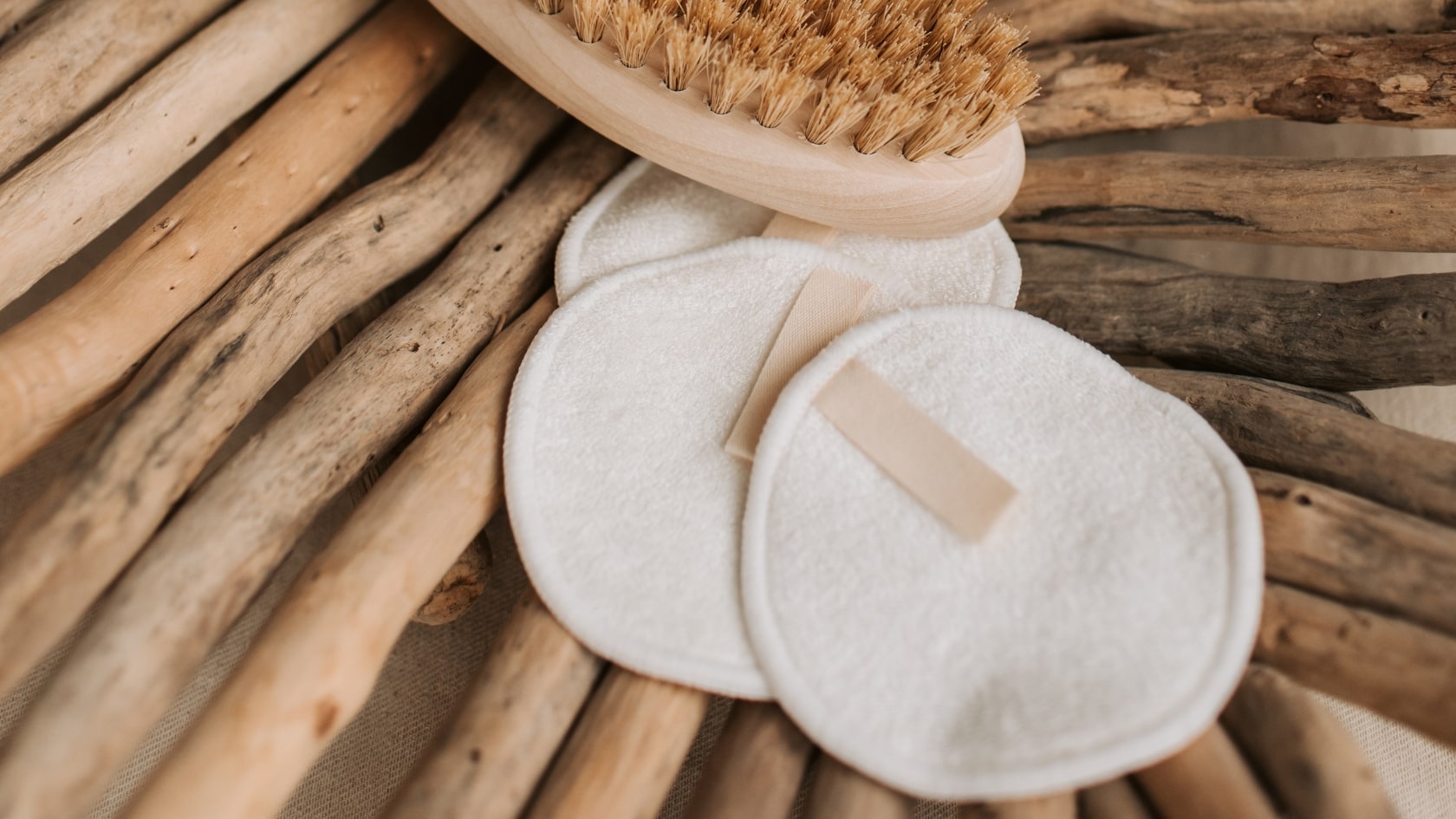
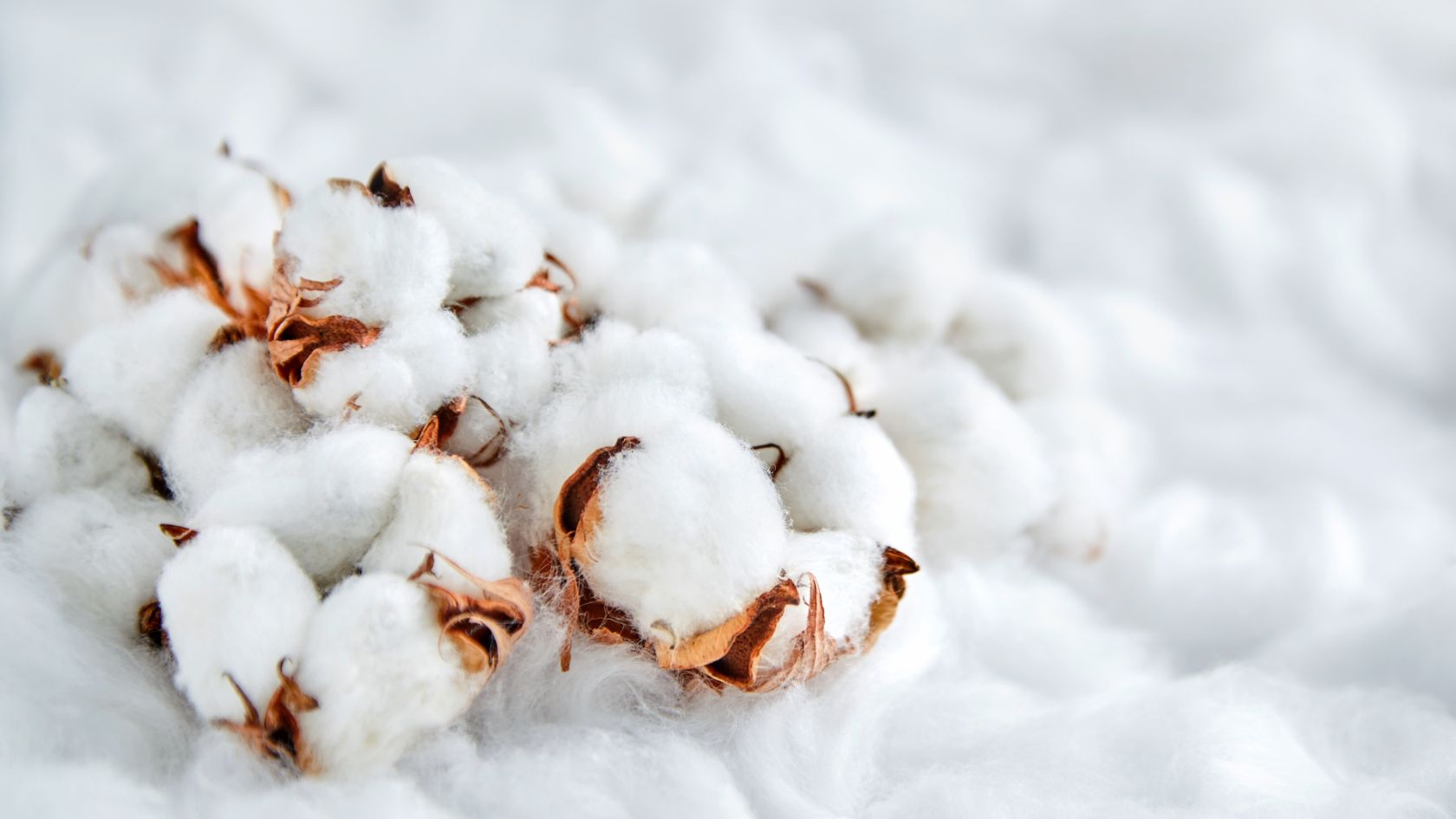
Leave a comment